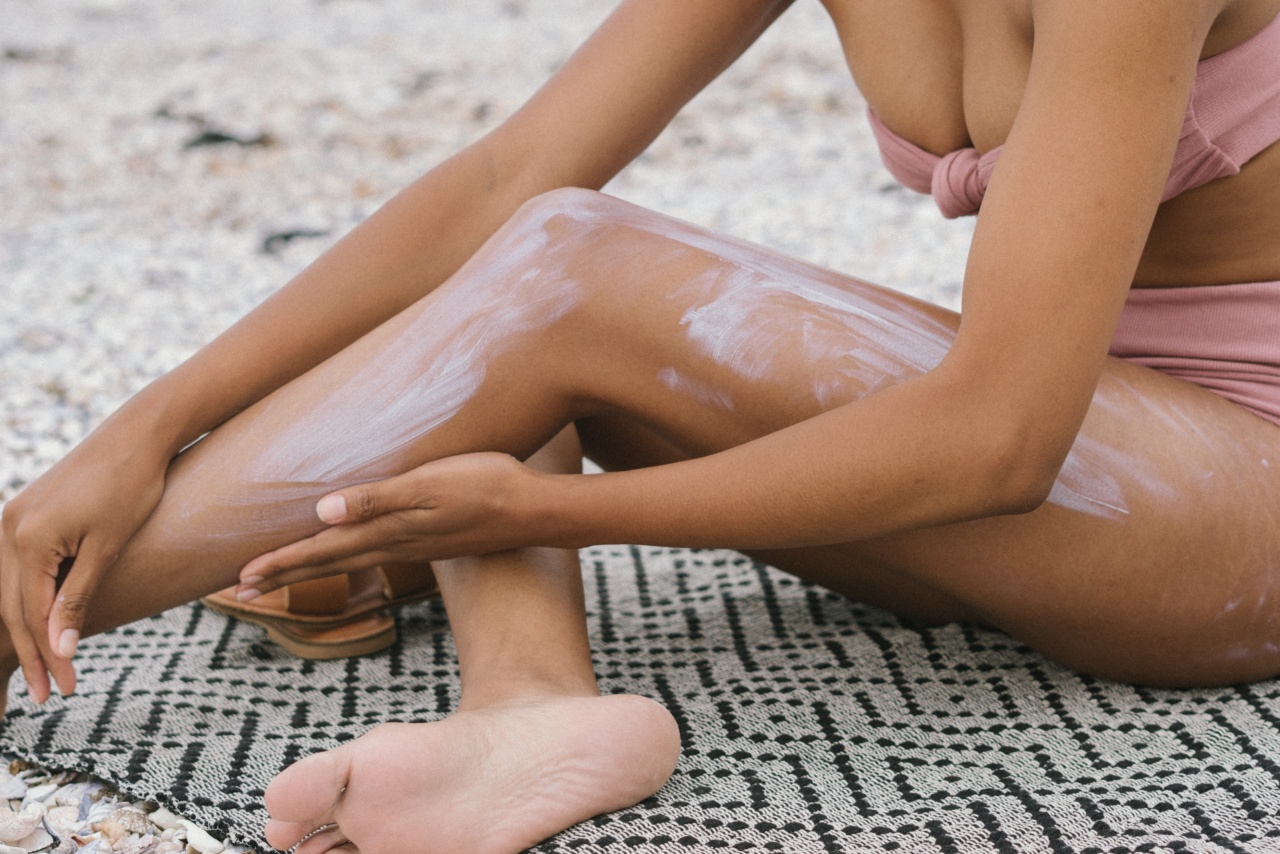When it comes to protecting your skin from the sun’s harmful rays, sunscreen is one of the most effective tools you can use.
Whether you’re heading to the beach, going for a hike, or simply spending time outside, wearing sunscreen should be a non-negotiable part of your routine. In this article, we’ll explore why sunscreen is so vital for skin protection and the key benefits it offers.
1. Shields Against Sunburn
Sunburns are not only painful but also a significant sign of skin damage caused by the sun. Applying sunscreen with a high sun protection factor (SPF) can prevent sunburn by shielding your skin from harmful ultraviolet (UV) radiation.
UV rays can penetrate your skin layers, causing inflammation and redness. By creating a barrier between your skin and the sun, sunscreen helps prevent sunburn and keeps your skin looking healthy and radiant.
2. Lowers the Risk of Skin Cancer
According to skin cancer experts, the regular use of sunscreen significantly reduces the risk of developing skin cancer. Prolonged exposure to the sun without protection can lead to DNA damage in your skin cells, potentially causing skin cancer.
However, wearing sunscreen acts as a protective shield, minimizing the harmful effects of UV radiation. By incorporating sunscreen into your daily skincare regimen, you’re taking a crucial step towards reducing your risk of skin cancer.
3. Delays Premature Aging
Sun damage is one of the leading causes of premature aging. UV rays break down collagen and elastin, the proteins responsible for keeping your skin firm and plump. This can result in the development of fine lines, wrinkles, and sagging skin.
By applying sunscreen regularly, you create a barrier that helps prevent these signs of aging from occurring. Sunscreen not only keeps your skin looking youthful but also maintains its overall health and vitality.
4. Prevents Sunspots and Hyperpigmentation
Excessive sun exposure can lead to the development of sunspots, dark patches, and uneven skin tone. UV radiation triggers the production of melanin, the pigment responsible for skin color. While some sunspots may fade over time, others can be stubborn.
By wearing sunscreen daily, you minimize the risk of sunspots and hyperpigmentation, ensuring your skin stays even-toned and blemish-free.
5. Reduces the Risk of Sun Allergies
Some individuals may experience allergic reactions to the sun, called polymorphic light eruption (PLE), which can cause itchy, red, and inflamed skin.
The use of sunscreen can help prevent these allergic reactions by acting as a barrier between your skin and the sun’s rays. By preventing the penetration of UV radiation into your skin, sunscreen can reduce the risk of sun allergies and keep your skin calm and irritation-free.
6. Preserves an Even Complexion
Exposure to the sun can cause your skin cells to produce excess melanin, resulting in uneven skin tone and a dull complexion. Sunscreen helps regulate melanin production, ensuring an even and radiant complexion.
By protecting your skin from the sun’s harmful effects, sunscreen helps you achieve a more balanced and uniform skin tone.
7. Enhances the Effectiveness of Other Skincare Products
Incorporating sunscreen into your skincare routine can enhance the effectiveness of other products you use. Sunscreen serves as a protective barrier, shielding your skin from harmful UV rays.
This allows other skincare products, such as moisturizers, serums, and anti-aging creams, to work more efficiently as they aren’t compromised by sun damage. By layering sunscreen with your daily skincare products, you maximize their benefits and, in turn, improve the overall health and appearance of your skin.
8. Suitable for All Skin Types
Sunscreens are available in various formulations, making them suitable for all skin types. Whether you have oily, dry, sensitive, or acne-prone skin, there’s a sunscreen product designed to address your specific needs.
From lightweight, oil-free options to tinted or mineral-based formulas, it’s easy to find a sunscreen that not only provides excellent protection but also suits your individual skin type and preferences.
9. Convenient and Easy to Use
Sunscreen is incredibly easy to use and fits seamlessly into your daily routine. Simply apply it as the final step of your skincare regimen, ensuring that all exposed areas of your body are adequately covered.
Many sunscreens come in convenient packaging and are available in various sizes, making it easy to carry them with you wherever you go. With the wide range of options available, incorporating sunscreen into your lifestyle has never been more effortless.
10. Long-lasting Protection
High-quality sunscreens offer long-lasting protection, allowing you to enjoy outdoor activities without constantly reapplying.
However, it’s important to note that sunscreen should be reapplied every two hours, especially if you’re swimming or sweating. By following this guideline, you can be confident that your skin remains shielded from harmful UV rays throughout the day.
Conclusion
Sunscreen is undeniably one of the best ways to protect your skin from sun damage and maintain its overall health.
From shielding against sunburn and reducing the risk of skin cancer to delaying premature aging and preventing hyperpigmentation, the benefits of incorporating sunscreen into your daily routine are extensive. Additionally, using sunscreen can enhance the effectiveness of other skincare products, ensuring optimal results.
Regardless of your skin type, sunscreen is readily available in a variety of formulations, making it easy to find one that suits your needs. By making sunscreen a key component of your skincare regimen, you’re investing in the long-term health and vitality of your skin.





























